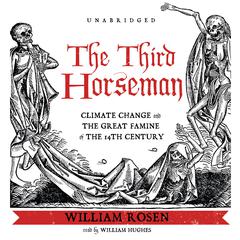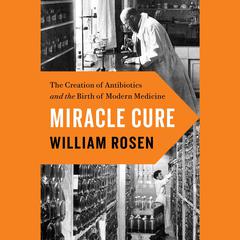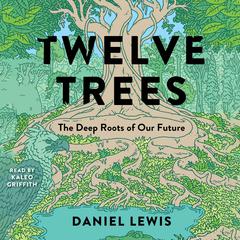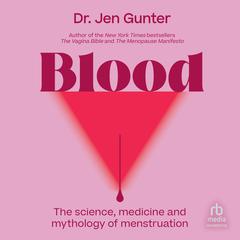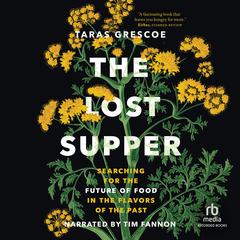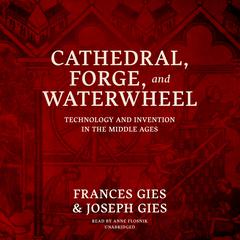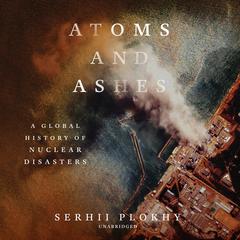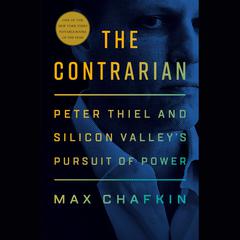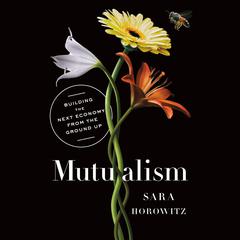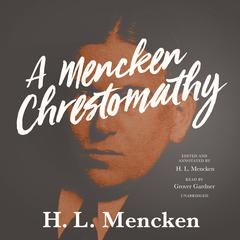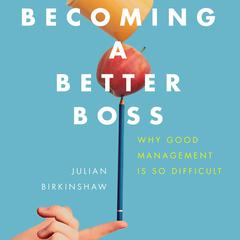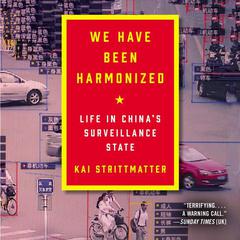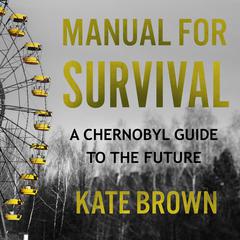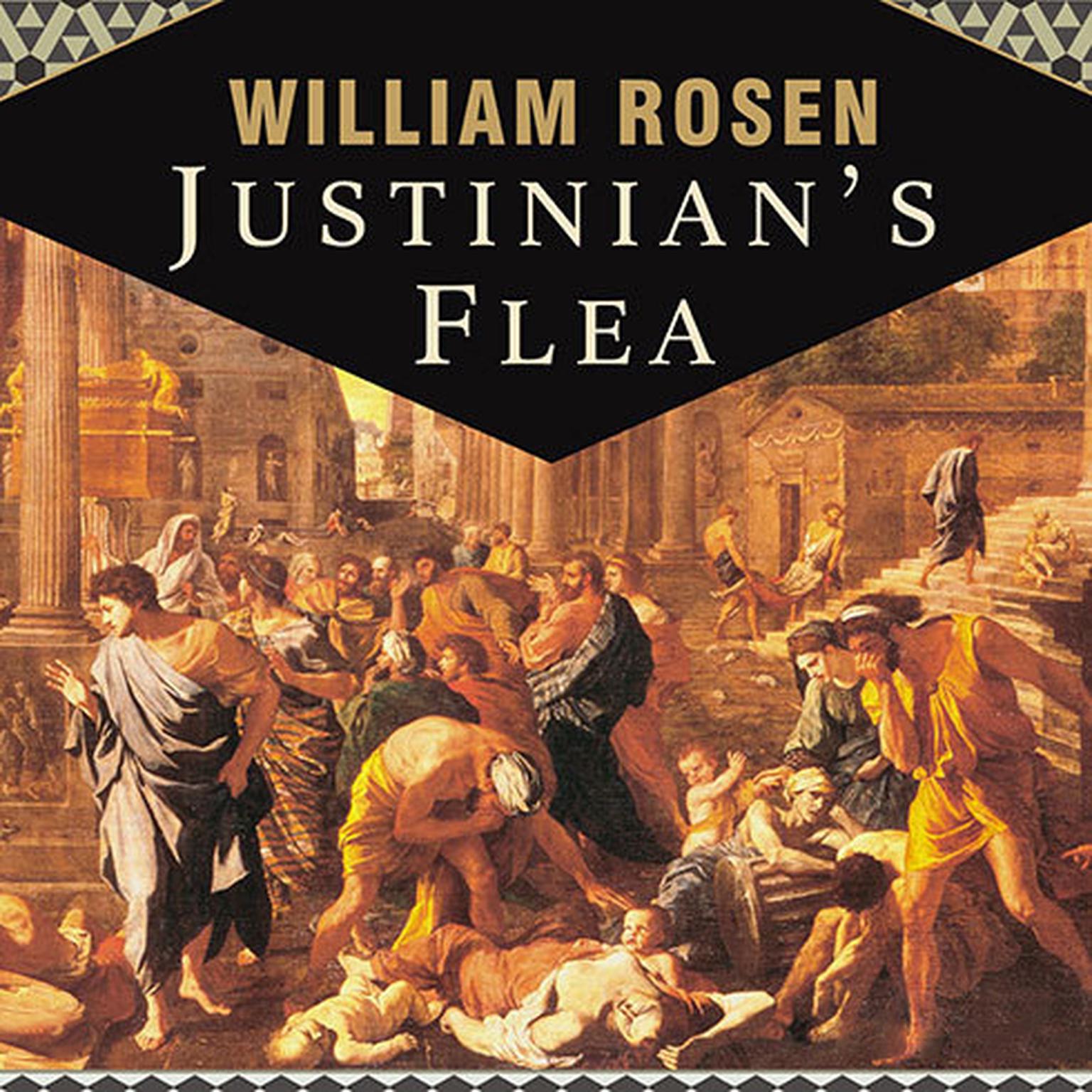 Play Audiobook Sample
Play Audiobook Sample
Justinian's Flea: Plague, Empire, and the Birth of Europe Audiobook
 Play Audiobook Sample
Play Audiobook Sample
Quick Stats About this Audiobook
Total Audiobook Chapters:
Longest Chapter Length:
Shortest Chapter Length:
Average Chapter Length:
Audiobooks by this Author:
Publisher Description
The Emperor Justinian reunified Rome's fractured empire by defeating the Goths and Vandals who had separated Italy, Spain, and North Africa from imperial rule. At his capital in Constantinople, he built the world's most beautiful building, married its most powerful empress, and wrote its most enduring legal code, seemingly restoring Rome's fortunes for the next 500 years. Then, in the summer of 542, he encountered a flea. The ensuing outbreak of bubonic plague killed 5,000 people a day in Constantinople and nearly killed Justinian himself.
Weaving together evolutionary microbiology, economics, military strategy, ecology, and ancient and modern medicine, William Rosen offers a sweeping narrative of one of the great hinge moments in history, one that will appeal to readers of John Kelly's The Great Mortality, John Barry's The Great Influenza, and Jared Diamond's Collapse.
Download and start listening now!
"This is a well written history of the Roman empire, centered in Constantinople, in late antiquity. Justinian is the last competent emperor, and his machinations make the term Byzantine understandable. This emperor rewrote Roman law, reunited the Western empire, using his brilliant general Balisarius, and took a great interest in the most bizarre religious hair splitting of the Aryan and related heresies. The inter-relations with Persia, various barbarians (Huns, Goths, Slavs, Franks etc) and even the Chinese are described in an engaging manner. Shot through this is the plague. The author has a pretty rigorous biological discussion of the bacteria, flea, rat and other hosts showing why the plague is so caprious. The unbelievable devastation caused by the plague sapped the strength of the reformed Roman empire and finished it off, opening the door for the rise of the modern Western state, although that would be many years off."
— Jrobertus (4 out of 5 stars)
Justinian's Flea Listener Reviews
-
" Faascinating discussion on the impact that an event such as plague can have on the course of history. "
— Bobe, 1/13/2014 -
" Very interesting account of the importance of the plague in changing the face of Europe. "
— doug, 1/3/2014 -
" Very interesting account of how history was affected by the plagues of history "
— Tony, 1/3/2014 -
" Fascinating look at history from an unusual perspective. I liked the mix of scientific discussion about how the plague came to Europe, and the stories about individual personalities of the era. Very interesting read. "
— D., 12/24/2013 -
" A little disjointed... I feel the author could have done a better job. The author seems to know his topic(s?), but fails to clearly draw the connections he claims between the collapse of Rome, the 'birth of Europe' and the emergence of y. pestis. "
— Lisa, 11/24/2013 -
" Waste of time...not bio-history but social and political history...misrepresented. "
— David, 11/24/2013 -
" This book was interesting, but not strictly a history. It had a few chapters on the details of the flea and the plague bactirium. "
— Nancy, 11/23/2013 -
" Just so so. I was excited to read this book as I love Byzantine history, but was ultimately disappointed. I didn't think the book was exceptionally well written as there was lots of run on sentences and passages that didn't read very easily. Also the science about the plague bored me to tears. "
— Joseph, 9/3/2013 -
" Justinian I was one of the greatest figures in history and the last great emperor in Rome. Great history that is great and tragic to read. "
— Jonathan, 7/31/2013 -
" The subject is fascinating, but the presentation wasn't as interesting as I expected. "
— John, 7/14/2013 -
" Extremely good encapsulation of that point in time leading up to the first recorded plague outbreak. "
— Sfevers, 1/15/2013 -
" Interesting view of Justinian's reign, but felt like it needed another re-write. "
— Josh, 7/12/2012 -
" Fun, interesting, rambly account of the bubonic plague and the roman emperor Justinian. "
— Jason, 6/30/2012 -
" A nifty look at both the Plague and the context of its first appearance on the stage of Western affairs under the Byzantine emperor Justinian. Worth a look! "
— Colin, 5/17/2012 -
" The subject matter is very interesting and the research is first rate. However, I had trouble following the storyline. Not only did Rosen not stay chronological, but he jumped around geographically as well. "
— Gary, 7/23/2011 -
" Really well done. Enough of a primer on late antiquity for the novice reader (eg, me), but also a highly intelligent and far-reaching argument. Well structured. "
— Ross, 7/17/2011 -
" An interesting history of the end of the Roman Empire and the role the Bubonic Plague played in ending it. Sort of. The author digresses constantly, describing all sorts of things like the chemistry of the plague. Still, I liked it and found it informative. "
— Noel, 5/16/2011 -
" The parts about the plague were fascinating, but I'd say that comprised about 10% of the book. The rest was about the politics and battles of the close of the Roman Empire, which were not especially interesting to me. "
— Cindy, 4/10/2011 -
" A little disjointed... I feel the author could have done a better job. The author seems to know his topic(s?), but fails to clearly draw the connections he claims between the collapse of Rome, the 'birth of Europe' and the emergence of y. pestis. "
— Lisa, 3/16/2011 -
" A very good perspective on an unappreciated part of history. Great detail on the plague "
— Tom, 11/23/2010 -
" A nifty look at both the Plague and the context of its first appearance on the stage of Western affairs under the Byzantine emperor Justinian. Worth a look! "
— Gaius, 10/4/2010 -
" Waste of time...not bio-history but social and political history...misrepresented. "
— David, 9/6/2010 -
" This is a well-written book. I think one of the blurbs on the back calls it "erudite"; I think that's apt. It made me feel ignorant about ancient history (and the author crams a lot into this volume), but I do feel smarter for having read it. "
— Jenifer, 8/11/2010 -
" This book, while interesting in sections, drowns the reader in details that are not necessary. The author needs a hard editing. "
— Jan, 6/27/2010
About William Rosen
William Rosen, author of The Third Horseman, Justinian’s Flea, and The Most Powerful Idea in the World, among other books, was an editor and a publisher at Macmillan, Simon and Schuster, and the Free Press for nearly twenty-five years.
About Barrett Whitener
Barrett Whitener has been narrating audiobooks since 1992. His recordings have won several awards, including the prestigious Audie Award and numerous Earphones Awards. AudioFile magazine has named him one of the Best Voices of the Century.





